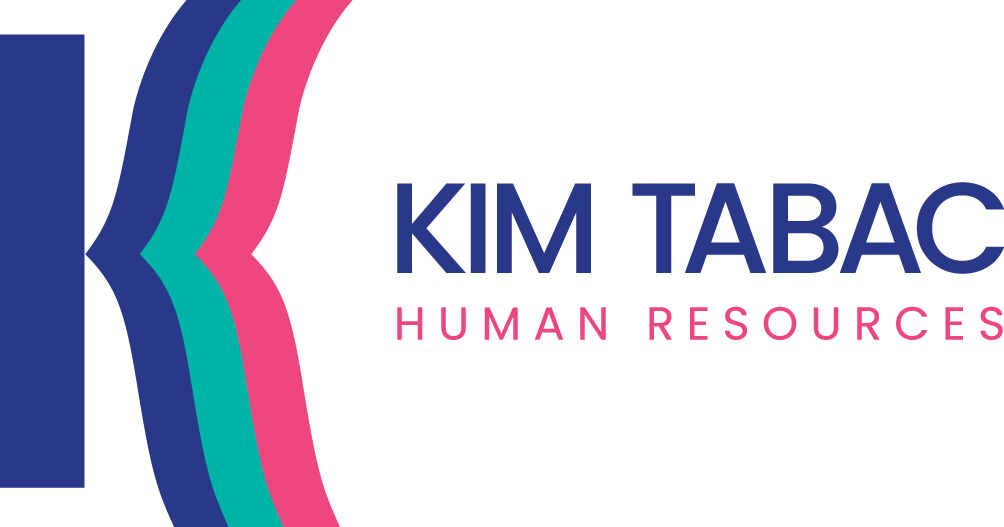The Multigenerational Workforce: The Work In Making It Work
For the first time in contemporary history, there are four generations in the workforce with very different values sets, a very different relationship to the working world, and vastly different expectations of their employer, and of their peers.
Regardless of their many differences, studies tell us that all of the generations’ top values as they relate to work are more alike than they are different. Despite their different relationship with work and their preferred working style and location, all of the generations want the same things: To feel valued, to have a sense of purpose, and to do their best work.
Helping employees feel valued:
Flexibility is the only solution that addresses all generations wants and needs, and goes a long way in helping them feel “seen.” Some employees work best in the office and desperately want to be among their peers. This is how they work best. These employees (many of whom may be Millennials and Gen z) will attend the office regularly, while Boomers and Gen Xers who may live more suburban lives, if forced to return to an office every day, will resign or quit quietly until they can find the work environment that allows them to work in the ways that they work best.
Accommodating for different working styles, locations and hours of work is one of the best ways to address the needs of all of the generations. This level of flexibility allows employees to define the way that they work best, and in turn, allows them to feel valued, included and produce their very best work.
Champion employee’s sense of purpose:
Values define how the company works together and anchors employees to a greater purpose through periods of growth and change. They act as the moral compass of the organization and guide decision-making by establishing a standard for actions and behaviors.
While the older generations may define impact quite differently than their younger cohorts, all generations in the workforce today, value the idea of their work being purposeful and the opportunity to make an impact that truly matters.
Baby Boomers are motivated by the “big picture” and they measure their sense of purpose by the salary that they earn and through career advancement opportunities. Whereas, 63% of millennials say that the primary reason that they chose to work at their current company is because of the opportunity to make a positive impact on society rather than just generating profit.
When people feel their personal values align with their employer’s values, and are committed to the mission and purpose of the company, regardless of which generation they were born into, they are more likely to demonstrate high levels of engagement, longer tenure, and are able to maximize their impact.
Enable employees to deliver their best:
Leaders and managers face many challenges in today’s business environment and while diversity has been a topic of research and discussion for decades, the issues related to generational diversity have added complexity in recent years. In order to unlock the full benefit of generational diversity, companies expectations of their leaders has expanded to include new skills, some of which include:
- Overcoming perceptions and generational stereotypes
- Embracing generational diversity
- Opening cross-generational communication
- Leveraging the unique skill sets of the generations
Invest in Mutual Mentorship Programs:
Creating opportunities for employees from different generations to learn from each other through formal mutual-mentorship programs, or intentionally diversifying the generational representation on project teams, helps to not only encourage the generations to find complementary ways to work together, share strengths and skills, but has the added benefit of improving overall performance of the company.
Effective multigenerational team collaboration improves creativity, innovation and performance at the individual, team and company level. Successful companies reflect the diversity of the marketplace and of their customers, so making the multigenerational workforce work makes good business sense. AND making it work – really does take work.

